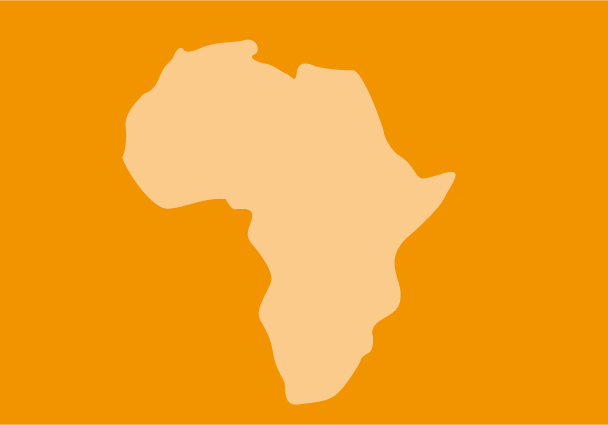
Zimbabwe: police must stop the harassment of human rights defenders
The ICJ today expressed its great concern at reports that the police in Zimbabwe have carried out what appears to be an unjustifiable raid against human rights defenders, Zimbabwe Peace Project (ZPP).
On 11 February 2013, police reportedly raided the offices of ZPP, a non-profit organization comprising of non-governmental organizations (NGO) and church-based organizations, and confiscated mobile phones, wind up radios, files with donor information, political violence reports and DVDs.
“The continuous attacks against NGOs by law enforcement agencies clearly shows that there are systematic assaults on human rights defenders which are closing the democratic space within which human rights defenders operate”, said Martin Masiga, Deputy Director of the ICJ Africa Regional Program. “It appears that the police are trying to discourage human rights defenders from engage with citizens of Zimbabwe to exchange information concerning their rights and freedoms, as the country heads for a referendum and election during the course of the current year”.
The police undertook the raid pursuant to a search warrant issued by the Superintendent of the C.I.D Law and Order Division of the Zimbabwe Republic Police (ZRP).
The search warranted stated that there were reasonable grounds to believe that ZPP had committed offences in terms of the Criminal Law (Codification and Reform) Act, the Immigration Act, and the Customs and Excise Act.
On the same evening eight police officers were discovered by the security team that provides rapid response for the ZPP at the ZPP premises, after an alarm had been tripped.
The police officers demanded to gain access into the office of ZPP Director, Jestina Mukoko. However the office was locked and they could not enter. These officers did not have a search warrant.
The ICJ welcomes the statement of the Co-Minister of Home Affairs, the honourable Theresa Makone, which says that the Cabinet is concerned “over the overzealousness of some police officers”, and that the police “must follow the basic principle of policing” which is to investigate “to arrest rather than arresting to investigate”.
The ICJ urges the Zimbabwean government to ensure that it protects human rights defenders in accordance to United Nations Human Rights Defenders Declaration, endorsed by all the States including Zimbabwe.
The ICJ further urges the Zimbabwean government to stand by its commitments to the Zimbabwean Constitution, the African Charter on Human and Peoples’ Rights and the International Covenant on Civil and Political Rights, to which it is a state party. These instruments expressly guarantee the right to the freedom of opinion, expression and association.
Lastly, the ICJ further urges the police in Zimbabwe to conduct impartial investigations into allegations of violations of human rights, to hold accountable those responsible for human rights abuse and to protect human rights defenders and NGOs that work for the protection of human rights in Zimbabwe.
Contact:
Martin Okumu-Masiga, Deputy Director of the ICJ Africa Regional Programme, t: +27110248268; e-mail: martin.okumu-masiga@icj.org
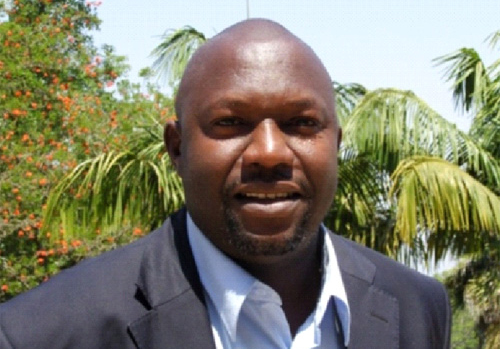
Zimbabwe: persecution of human rights defenders must stop!
 The ICJ expresses great concern over the recent pattern of attacks on human rights defenders in Zimbabwe by the Law and Order Section of the Zimbabwe Republic Police (ZRP).
The ICJ expresses great concern over the recent pattern of attacks on human rights defenders in Zimbabwe by the Law and Order Section of the Zimbabwe Republic Police (ZRP).
The ICJ says the systematic assault on human rights defenders has taken the form of arbitrary arrests of human rights practitioners, unjustifiable raids on their offices and interference with their meetings amongst other forms of harassment.
Such attacks have been a continuous source of international concern, including when raised by United Nations Human Rights Council in its Universal Periodic Review of Zimbabwe in 2011.
There has been a failure on the part of the Zimbabwe judiciary to exercise its responsibility of judicial oversight over these abuses, the ICJ adds.
“Government officials including the ZRP are using repressive laws to harass and intimidate human rights defenders and NGOs with the aim of causing them to abandon their work in promoting and defending human rights in Zimbabwe,” said Martin Masiga, Deputy Director of the Africa Regional Programme of the ICJ. “It is deplorable that the government has contrived to fabricate charges against its own citizens to discredit, delegitimize and frustrate their lawful civic activities.”
The ICJ underscores the reports of the arrest of Zimbabwe Human Rights Association (ZimRights) Director Okay Machisa (photo) on Monday, 14 January 2013 in Harare on charges of allegedly “conspiring to commit voter registration fraud and publishing or communicating falsehoods”.
The magistrate in this matter denied bail for reasons inconsistent with international fair trial standards and which appeared to be politically motivated.
The arrest of Okay Machisa follows the detention of his deputy, Leo Chamahwinya and three other staff members of ZimRights in December 2012 on the same charges.
These arrests occurred just a few weeks after ZimRights [publicly] denounced the trend of increasing police brutality across Zimbabwe and called for urgent action by competent authorities to address these human rights violations.
The Zimbabwean Constitution, the African Charter on Human and Peoples’ Rights and the International Covenant on Civil and Political Rights, to which Zimbabwe is a state party, guarantees the right to the freedom of opinion, expression and association.
The UN Declaration on Human Rights Defenders, which articulates universal standards for the protection of those working to protect human rights, affirms that “everyone has the right, individually and in association with others, to promote and to strive for the protection and realization of human rights and fundamental freedoms at the national and international levels “.
Accordingly, Zimbabwe has a legal obligation to protect those persons and organisations that strive for the protection and promotion of human rights.
Zimbabwe reportedly will hold national elections in 2013, the first since the formation of the Government of National Unity following the tragic events of the 2008 national election.
The ICJ insists it is essential for the people of Zimbabwe and for the advancement of Zimbabwe in the arena of constitutional democracy that State officials exercise their responsibility to protect human rights activists instead of attacking them.
The ICJ urges the Government of Zimbabwe to respect regional and international human rights standards, and to call upon its law enforcement agencies to cease the harassment and intimidation of HRDs in Zimbabwe.
The ICJ calls on the Zimbabwean judiciary to exercise its responsibility to uphold international fair trial standards and the constitutional provisions of Zimbabwe in adjudicating the matters relating to human rights defenders, including the officials of ZimRights.
Contact:
Martin Okumu-Masiga, Deputy Director of the ICJ Africa Regional Programme, t: +27110248268; e-mail: martin.okumu-masiga(at)icj.org
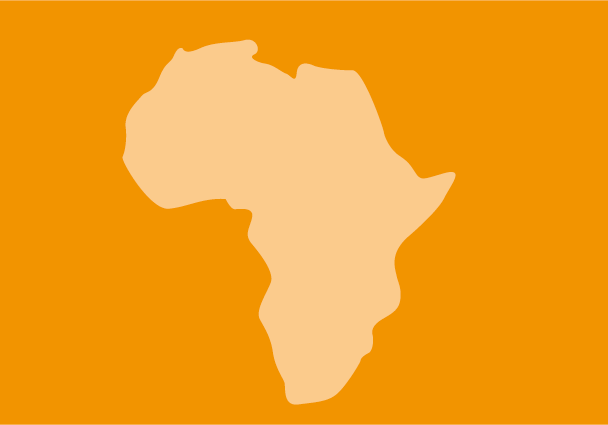
Zimbabwe: High Court rules in favour of human rights defender
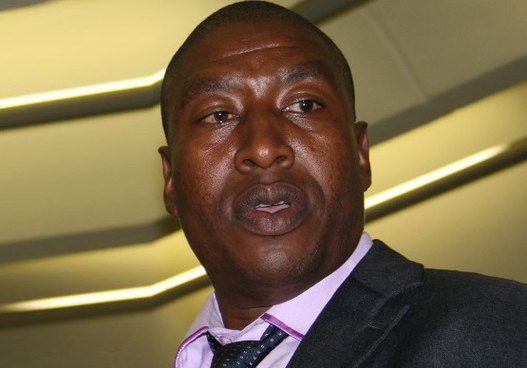 The ICJ welcomed the judgment issued on 24 October 2012 by the Zimbabwe High Court in favour of Farai Maguwu, a human rights defender and director of the Centre for Research and Development.
The ICJ welcomed the judgment issued on 24 October 2012 by the Zimbabwe High Court in favour of Farai Maguwu, a human rights defender and director of the Centre for Research and Development.
In September 2011, members of the Central Intelligence Organisation (CIO) confiscated a number of Farai Maguwu’s possessions, including cash, a laptop computer, a camera, and bank cards, at the Harare International Airport while he was about to depart for a human rights conference in Ireland.
The ICJ is concerned that the seizure of property may have been undertaken as an attack on Farai Maguwu for his legitimate human rights work.
According to media reports, Hon. Justice Mathonsi ordered, “the seizure of the applicant’s property by the State agents…be and is hereby declared wrongful, unlawful and unjustified”.
Since the confiscation of his property by the CIO over a year ago, no charges had been brought against Mr Maguwu, neither was his property returned.
Justice Mathonsi affirmed that deprivation of property must only be done in accordance with due process of law. Farai Maguwu had not been advised of the legal basis or reasons for the seizure of his property.
“We congratulate the judiciary of Zimbabwe for this judgment which adheres to the principles of the rule of law, justice and respect for human rights. Furthermore, it is a reminder to State agents that in carrying out their duties they ought to do so within the parameters of the rule of law,” commented Martin Masiga, Deputy Director of the ICJ Africa Regional Programme.
The ICJ calls on the Zimbabwean judiciary to continue to uphold the rule of law and fulfil their responsibility in protecting human rights in Zimbabwe.
Contact:
Martin Masiga, Deputy Director, ICJ Africa Regional Programme, t: +27 11 02482
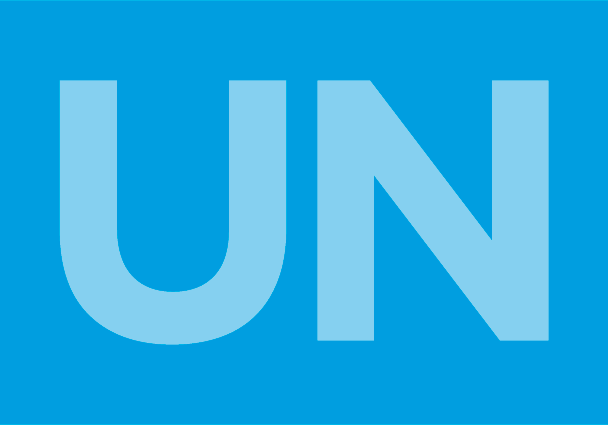
ICJ oral intervention on the adoption of the outcome document of the Universal Periodic Review of Zimbabwe
During the 19th session of the Human Rights Council, the ICJ made an oral statement during the Council’s consideration and adoption of the outcome document in the Universal Periodic Review of Zimbabwe.
The statement focussed on the lack of human rights protection and respect for the rule of law in the country, particularly as this affects lawyers, journalists and human rights defenders more broadly, and called on the Government of Zimbabwe to halt the repression of legitimate peaceful protests and undertake reforms necessary for the conduct of independent and effective investigations into gross human rights violations and crimes under international law.
Zimbabwe-oral intervention UPR-advocacy-2012 (full text in English, PDF)



